Preliminary Lien Notice
A Primer

By Scott Wolfe Jr.
What you don’t know about a preliminary lien notice can hurt you, and unfortunately, most people know very little or are confused a great deal about these pesky construction documents.
The name itself is a source of confusion.
Since the laws vary from state-to-state and project-to-project, the preliminary lien notice has more than 75 formal names including (but not limited to) preliminary notice, pre-lien notice, notice to owner, notice to contractor, notice of furnishing, NTO, and notice of contract.
While uniquely named and subjected to differing nuances depending on your circumstance, the general theme of preliminary notice laws are the same: they must be sent at the start of your furnishing material or starting work, they must be sent in a prescribed way (usually certified mail), and if you don’t send them you’ll be without lien rights on the project forever.
Let's now get into the details a bit.
Should You Send A Preliminary Lien Notice?
Notice that we don’t begin this discussion with the next section, which is titled “Must You Send A Preliminary Notice?” I consider that to be second in importance to this section’s inquiry.
The reason is that whether or not a preliminary notice is formally required it’s still a good idea to send a notice.
Preliminary notices’ primary purpose is to protect your mechanics lien and bond claim rights, but they have a very attractive side effect: they prioritize your invoice above others on the project.
This is something I’ve seen time and time again, and many authors and attorneys have repeated this. When the property owner or general contractor receives a preliminary notice they earmark that subcontractor or supplier and take an elevated interest in making sure they are paid.
Must You Send A Preliminary Lien Notice?
Here is the more popular question, but unfortunately, the answer is not quite as simple. Every state has a different rule about whether preliminary notice must be required, and even within a single state, the rule is usually different depending on the character of your work, the type of construction being performed and your contracting tier. Then there are exceptions to each of the state’s rules.
Understanding when you are and are not required to send preliminary notice, in other words, is usually a legal riddle.
Currently, over 40 states require some type of notice to preserve your mechanics lien rights.
While the rules do vary greatly, a few theories are popular among the states.
For example, in almost every state, the further down the contracting chain you are the more likely you are required to deliver a notice. Most states’ notice laws are there to protect owners and contractors from getting surprised about someone on the project, and accordingly, those further down the chain are the most likely to surprise.
It’s important to check the rules specifically applicable to your project, and to follow the rule. You may be required to send a notice, and after all, even if you aren’t required, you should.
How Do I Send A Preliminary Lien Notice?
Your journey through the preliminary notice nightmare is not yet done. Now that you have decided to send a preliminary notice the next question is how do you actually do it.
This is an important question. If you make a mistake - even a tiny, technical, and harmless mistake - your notice will be completely void and ineffective.
Again, the rules about how you must send the notice varies depending on your circumstance. There are three general things you’ll need to know:
Preliminary Notices
Available Here
California Preliminary lien notices for private and public works projects, including all required notices, proof of service, instructions, etc.
The Form Itself: The first is the form. What form must the preliminary notice take? What language must be included and which data must be included? Most states very strictly control what the form must include and look like.
Who Receives It: Once you get the form completed you must know who to send it to. Typically, the notice must be sent to the property owner. Some states also require that notice be sent to parties like the general contractor, the lender, and others above you in the contracting chain.
How To Send It: The final thing you need to know is how to send your notice. This must usually be by some type of certified or registered mail. Some states require restricted delivery.
Bottom Line
Here are my concluding thoughts:
You should always send a preliminary notice, and you oftentimes must send a preliminary notice. The act of sending this notice is confusing and complex, and so you likely want to employ a service to handle the whole thing for you.
Now go off and do what you do best ... GROW YOUR BUSINESS.
Just make sure you are protecting your company and your livelihood by allowing those who do it best (they do it all the time) to send your preliminary notices for you.
-----
Scott Wolfe Jr. son and grandson of general contractors, is a construction litigator in Louisiana and Washington, and the founding member of the bi-coastal firm, Zlien. He educates the construction community about mechanics liens, bond claims, security instruments and other tools of credit management through blogs, publications and speaking engagements. His thought leadership is supported by his experience and qualifications. Learn more about his services here.
Article Series: Preliminary Lien Law
|
California 20-Day Preliminary Lien Notices
Construction-Business-Forms.com |
Preliminary Notices and Conflicting Addresses
If the address on the Grant Deed is
different than the address on the prelim information given to us by the
General Contractor, who do we send it to?
Nevada Notice of Right to Lien & Request for Notice of Completion
The Who, What, When, Where, Why, and How - not necessarily in that order :o)
The California Preliminary Notice Covers Up to 20 Days Back
Just because you missed the deadline doesn't mean that all is lost!
Preliminary Lien Notice Research
A preliminary lien notice won't do you any good if they don't go to the correct entities.
California preliminary notice, Supplier didn't do one...
Unfortunately, a prelim is required to file a lien, even if you're a supplier.
Arizona Preliminary Liens
Arizona requires preliminary liens prior to mechanic's liens.
General Contractor Was Paid But He Won't Pay Sub
What should you do? Do you still have lien rights?
California mechanic's lien laws, preliminary notices, and change orders
Do you have to do a preliminary notice for change orders?
California Preliminary Notice & Architectural Fees
I am an architect who is having difficulty with the final payment of fees...
When a Preliminary Lien Notice is Refused
Did someone refuse your preliminary lien notice?
Preliminary Liens When There's More Than One Location
The potential ramifications of using one preliminary notice for several locations when they're all under the same contract
|
California 20-Day Preliminary Lien Notice
Construction-Business-Forms.com |
Preliminary Notices and Dollar Amounts
Make sure the $ amount on the prelim is as accurate as possible
Preliminary Liens and Non-Responsibility
Why you should serve the owner with a prelim even if he posts a notice of non-responsibility
Preliminary Notices and Signatures
Can the signature on a preliminary notice be a copy/fax or must it be 'wet'/original?
Amending a Preliminary Lien Notice
Is it better to amend the notice, or issue a new one?
|
California 20-Day Preliminary Notices
Construction-Business-Forms.com |
Serving the Wrong Party
When working in Arizona be sure to timely serve the preliminary notice *to the correct parties* or there could be trouble
Getting 'Stiffed' on the Job
Preliminary liens can help save you from being 'stiffed' on the job!
Property Records are your Friend
Research property records when doing your preliminary notices
Outsourcing your Preliminary Liens
Thoughts about using a company that handles your preliminary notices for you
Preliminary Liens - a detailed, step-by-step outline
A detailed step-by-step explanation of how to process preliminary notices
Preliminary Liens
Tracking the paperwork, the proof of service, and the USPS documents for prelims
|
California 20-Day Preliminary Lien Notices
Construction-Business-Forms.com |
Preliminary Liens and Notifying the Correct Parties
Make sure your prelims go to the correct entities
Mishandling of, or Not Processing, Preliminary Liens
Mishandling of, or not processing, preliminary liens is one of the top 10 mistakes contractors make
At one time the California preliminary notice form was mandated by California to be titled "20-Day
Preliminary Notice Form" (exactly, word for word). The California mandate has since changed and
the form is now known as the "Preliminary Notice Form" (again, exactly, word for word). Make sure what your state requires and make sure your forms are valid.
Back to the top of this page: Preliminary Lien Notice
Back to the home page: Construction Project Management at InformedContractors
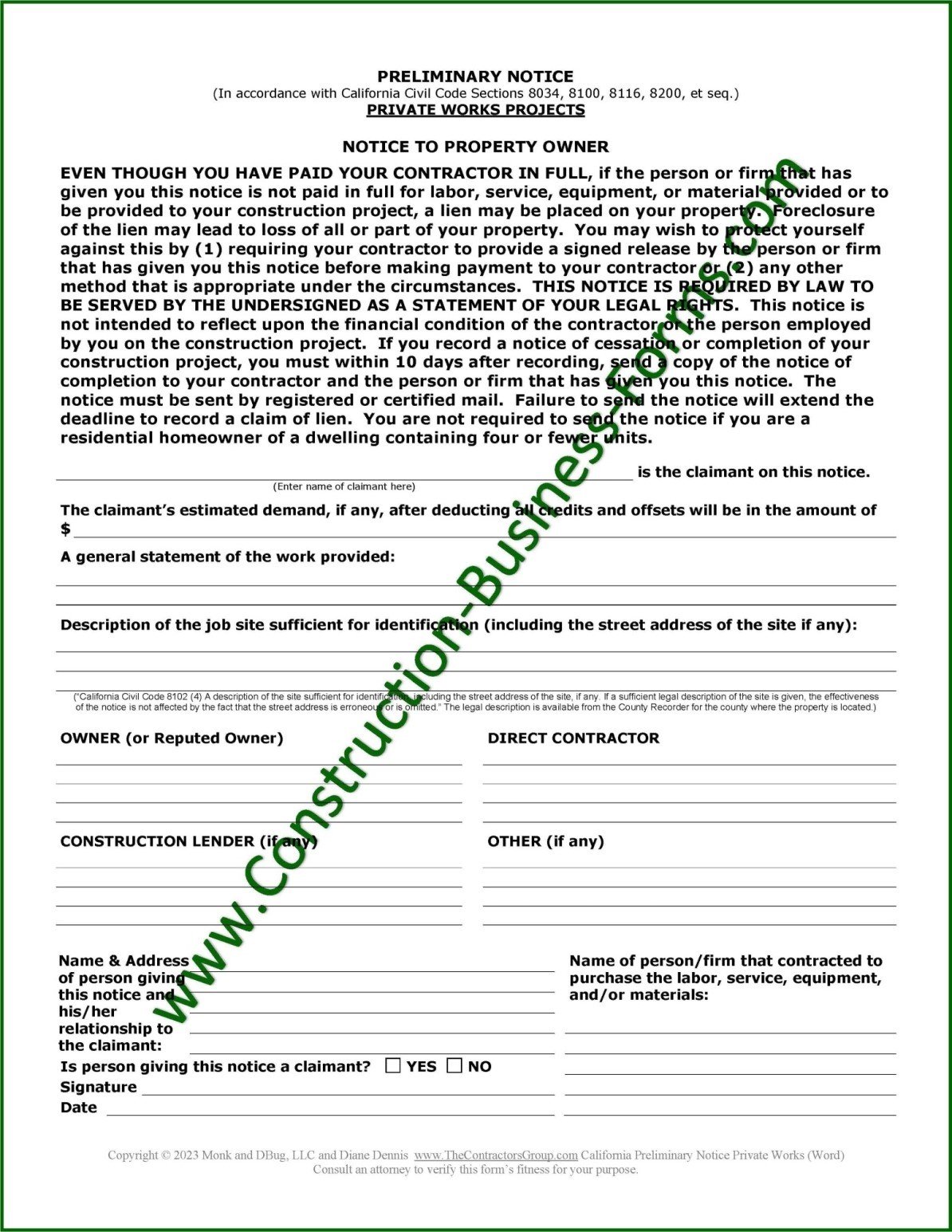
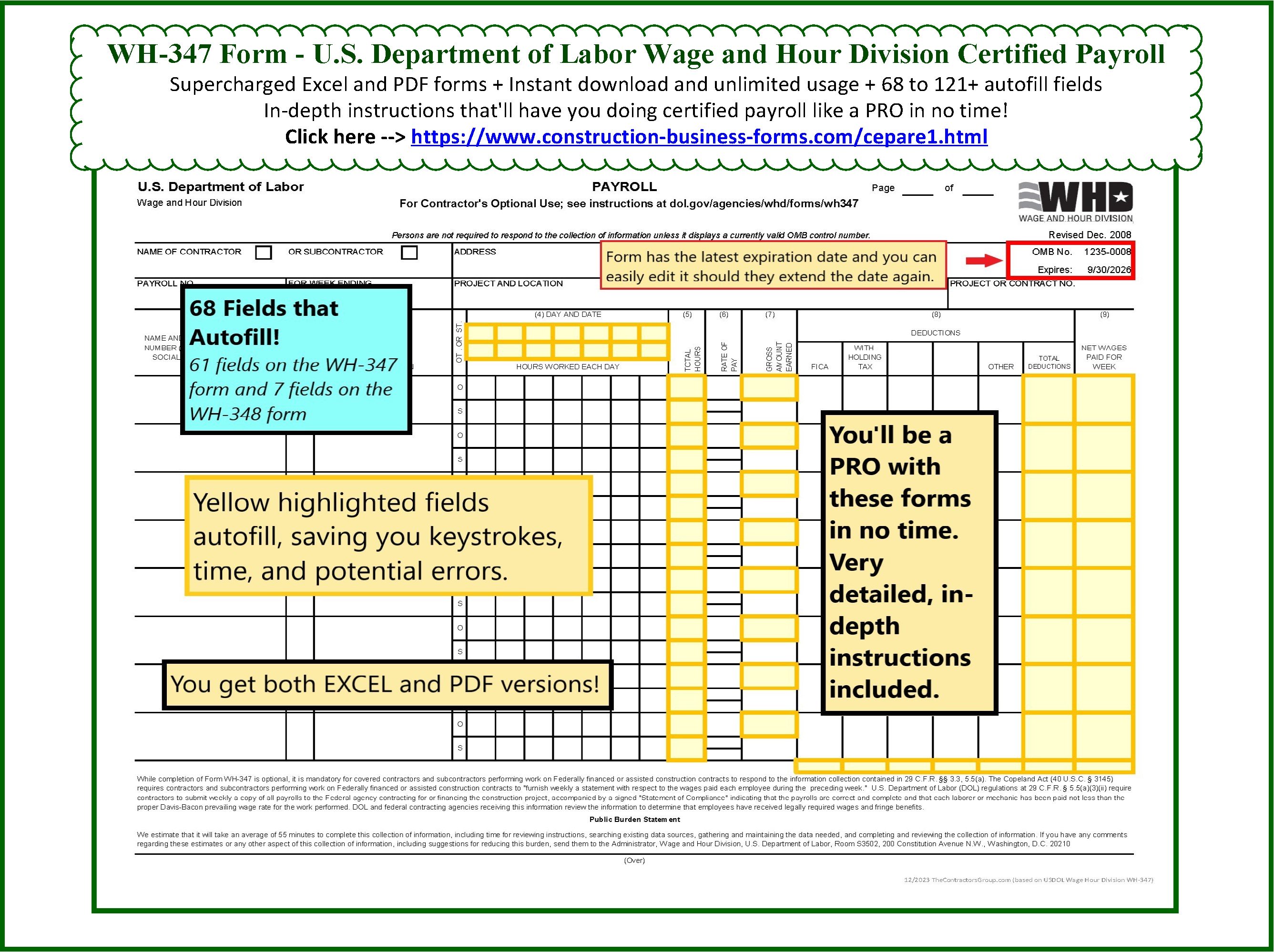
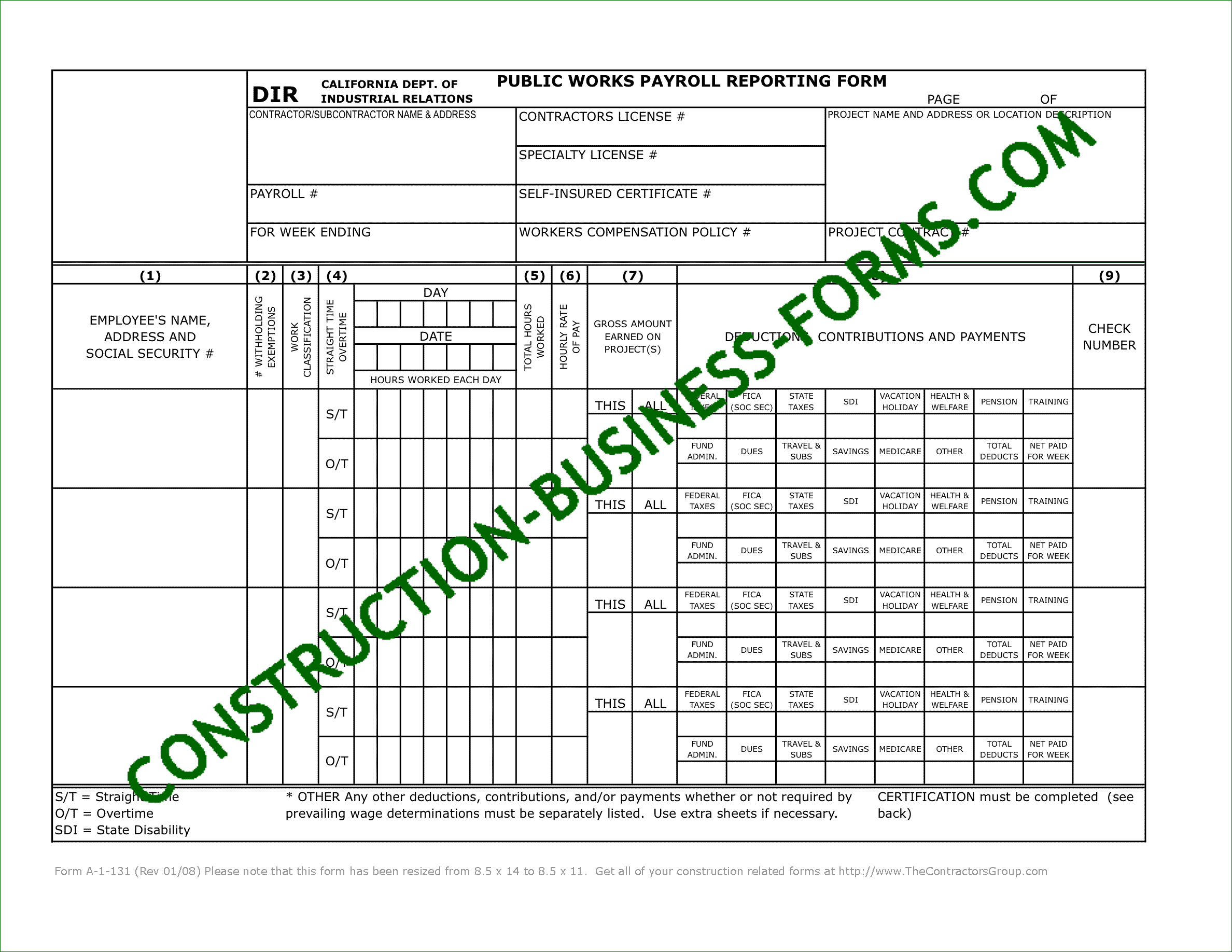


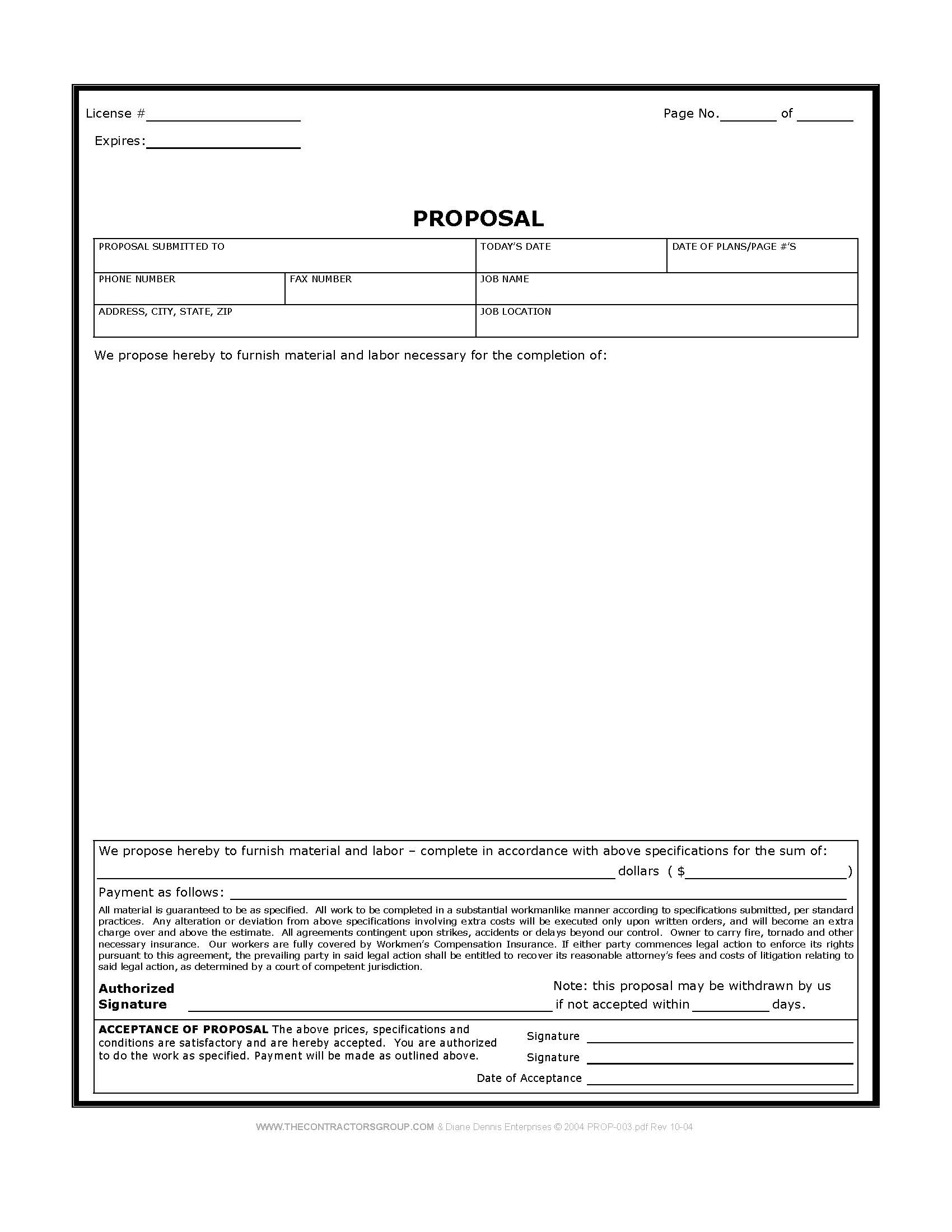
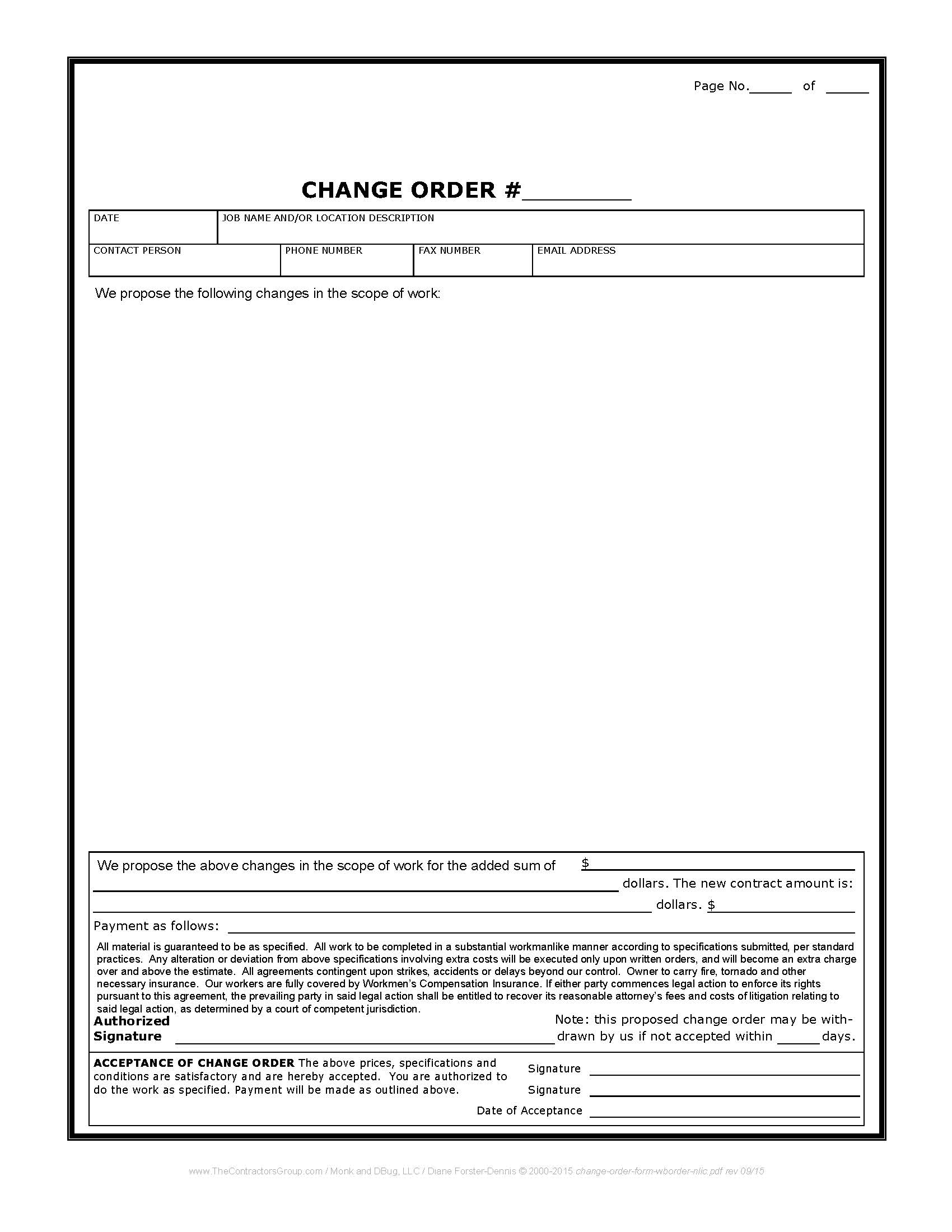

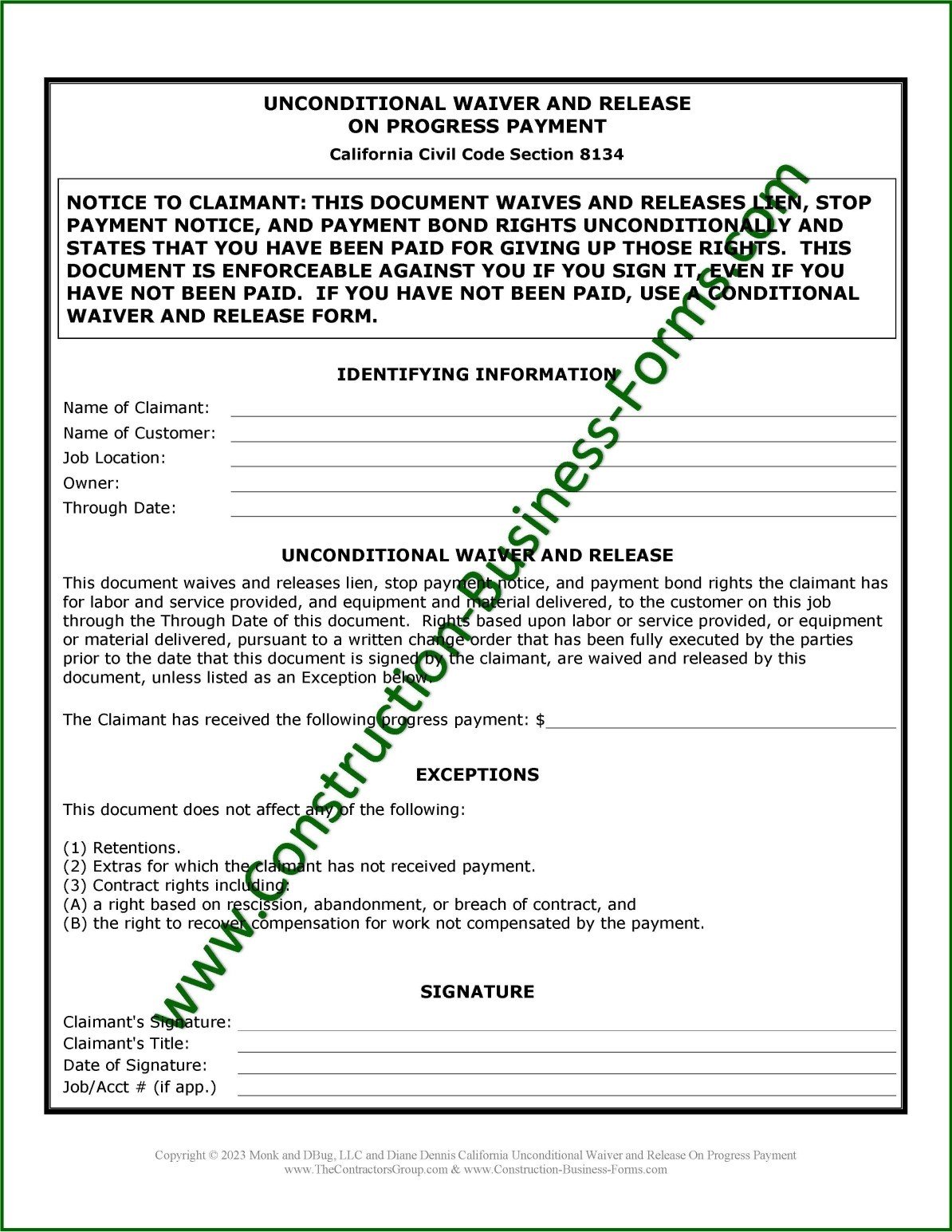
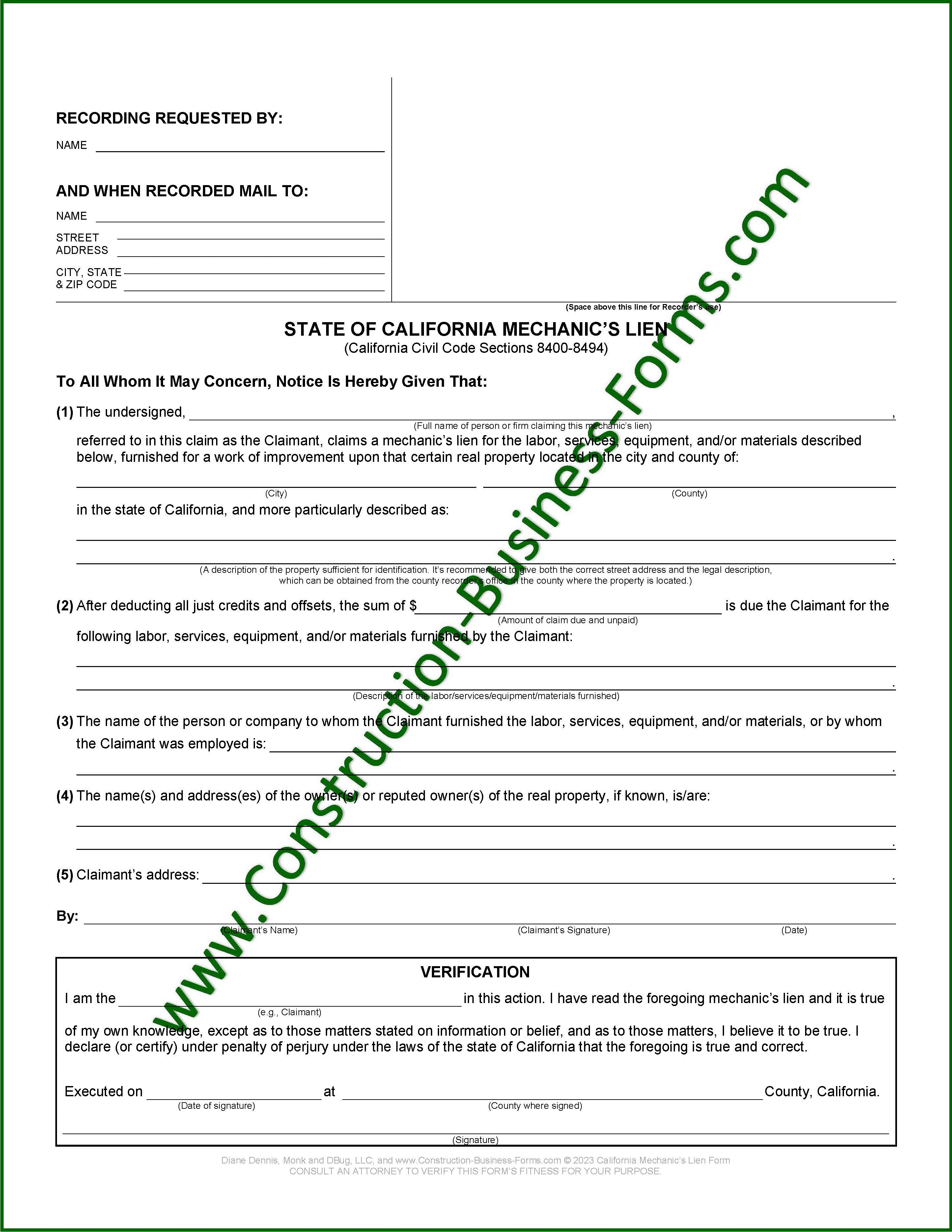



New! Comments
Please leave me your comments below. Facebook doesn't notify me of comments but I'm tickled when I come across them and I always respond when I see them.